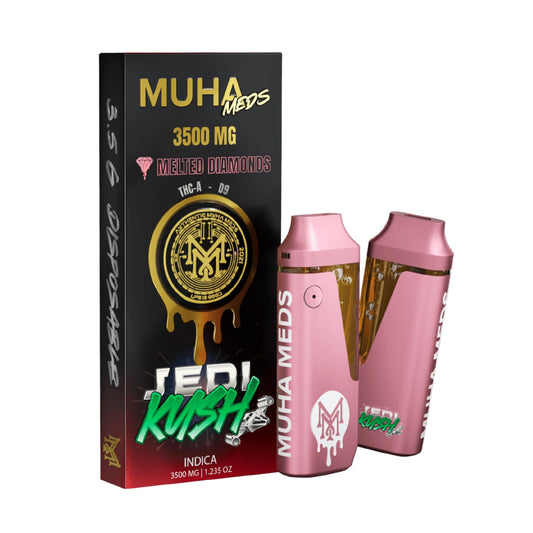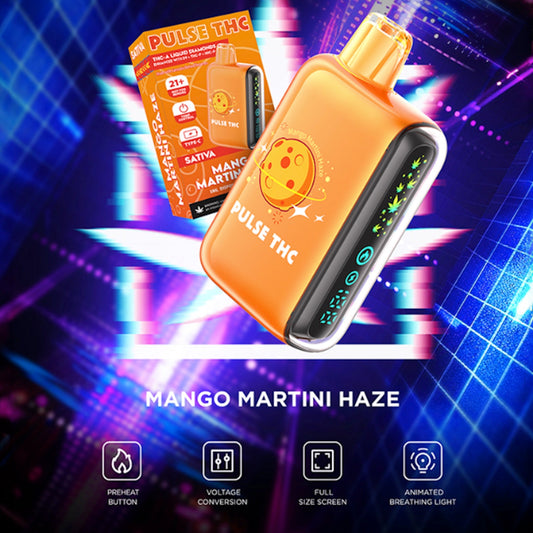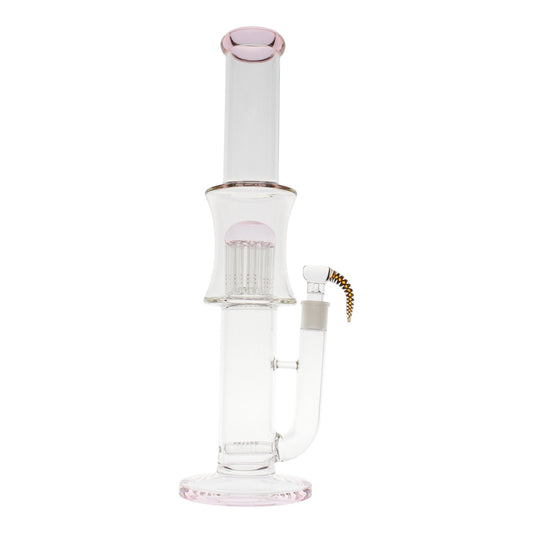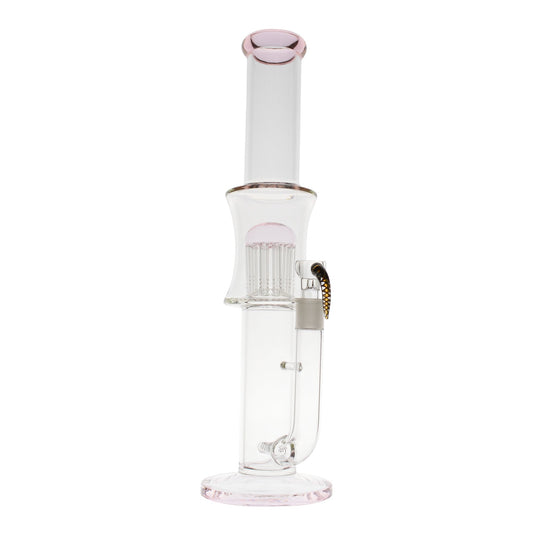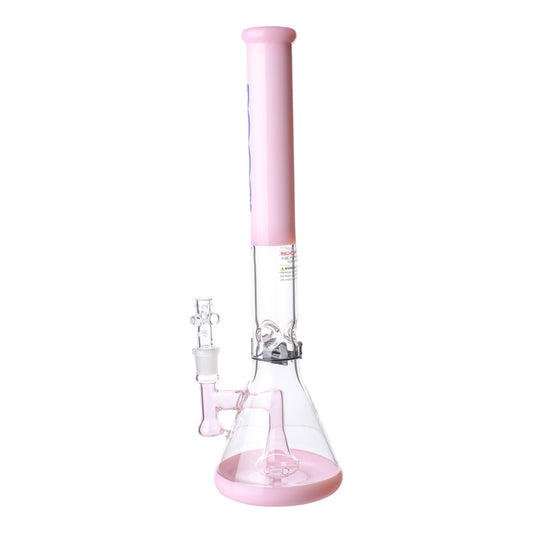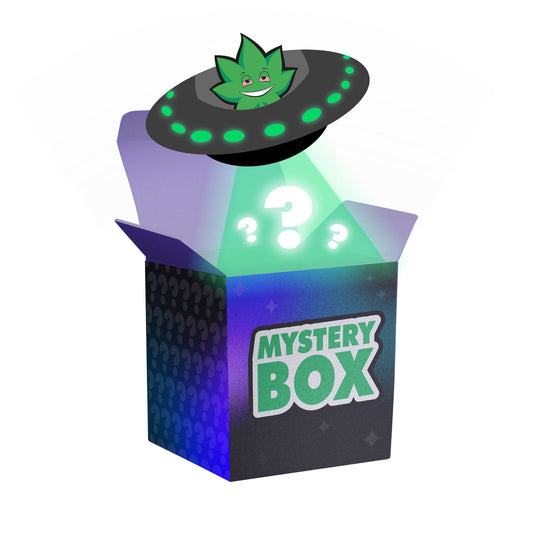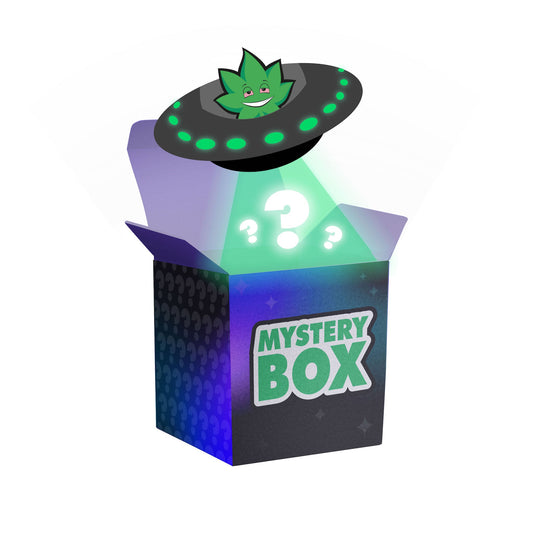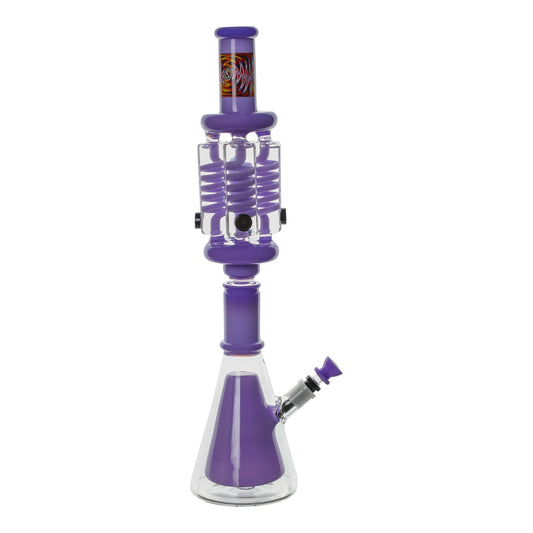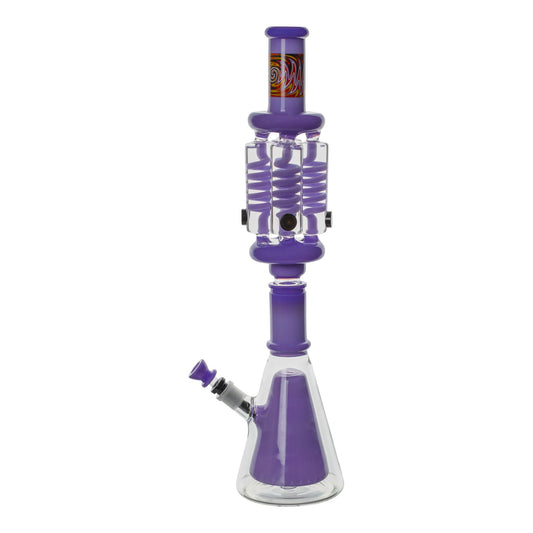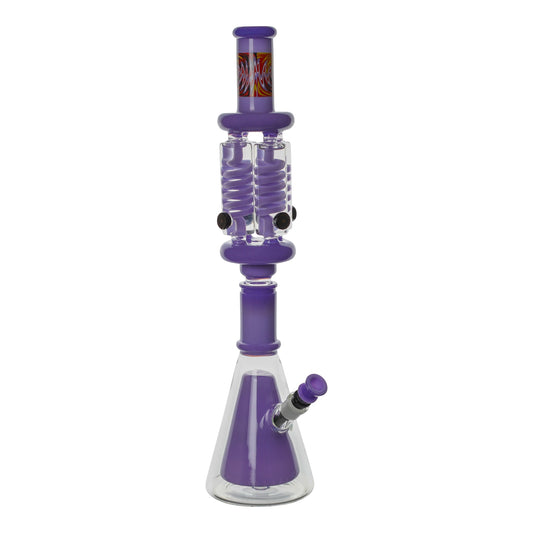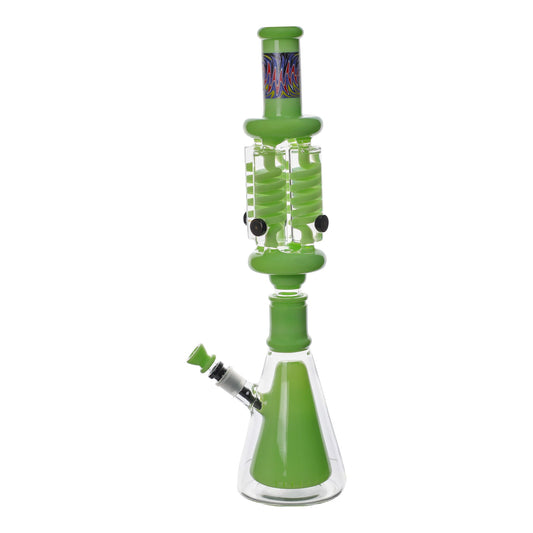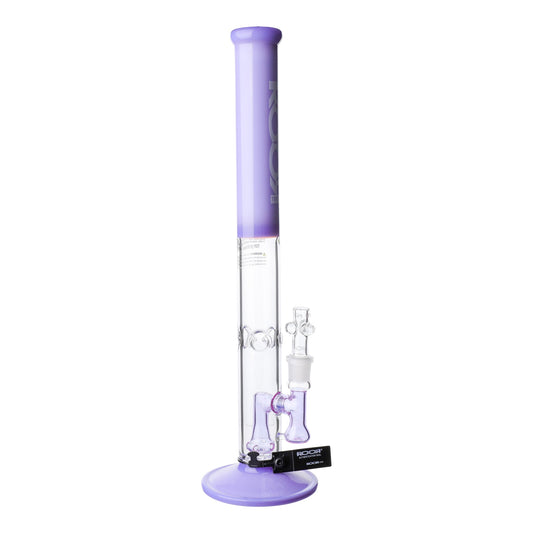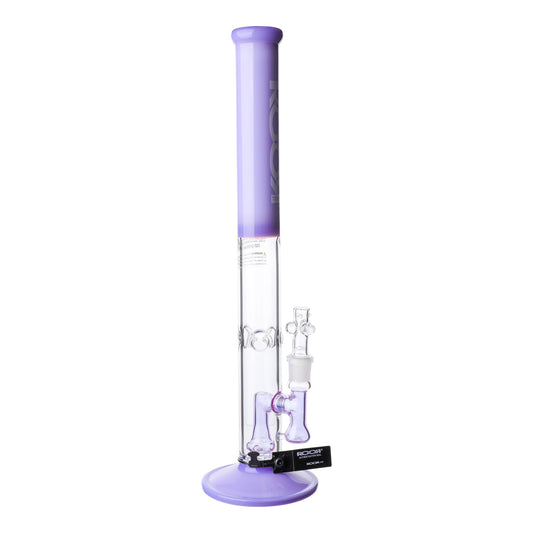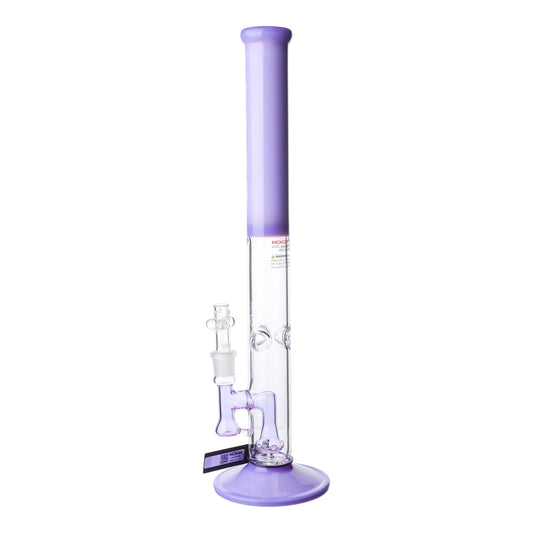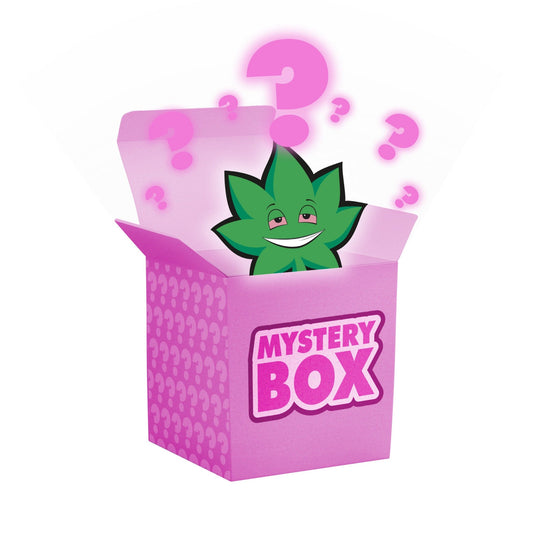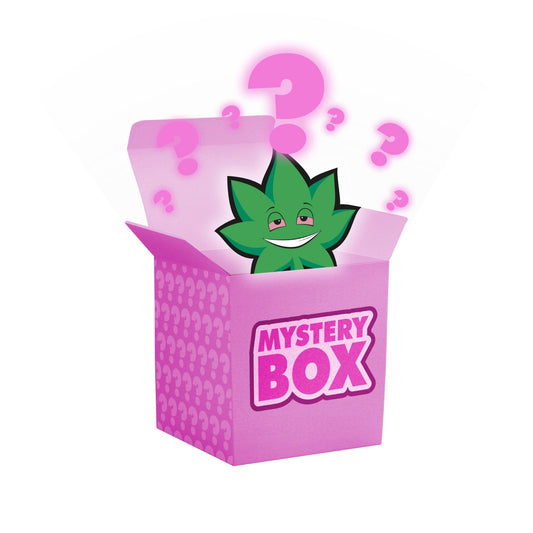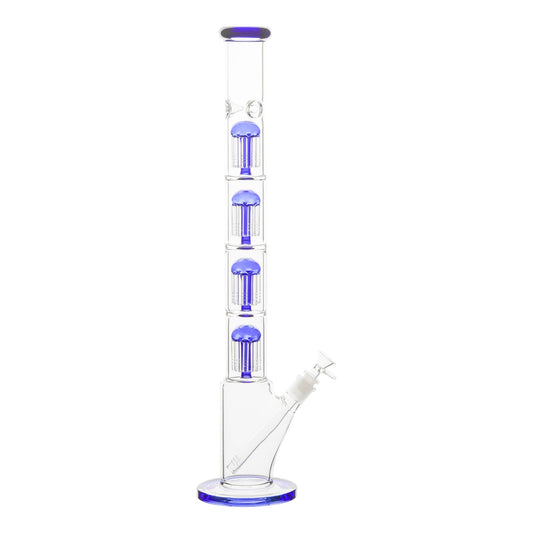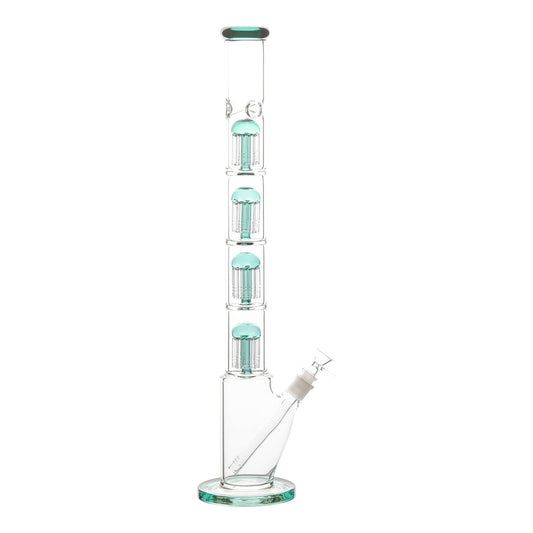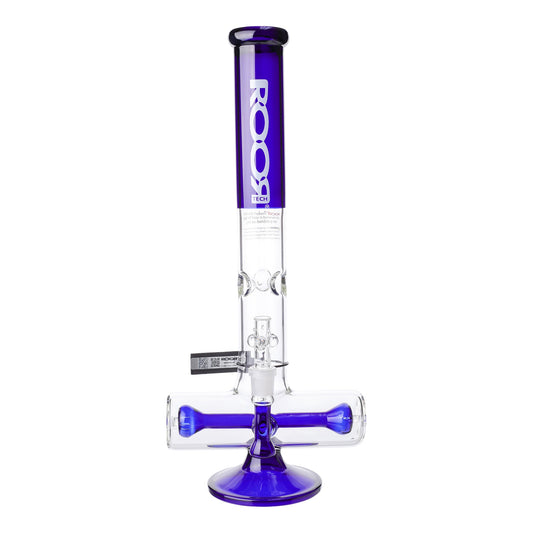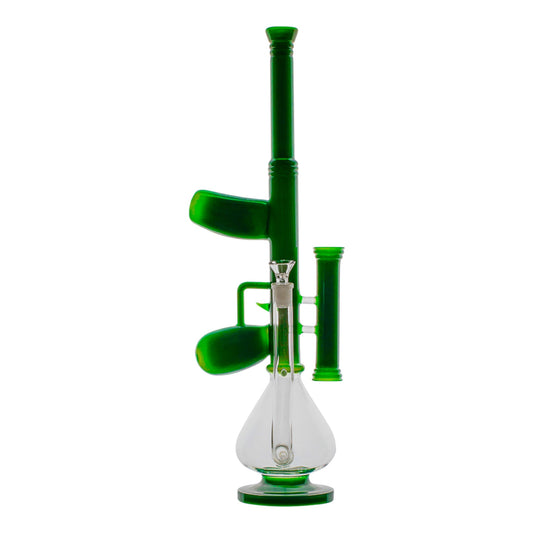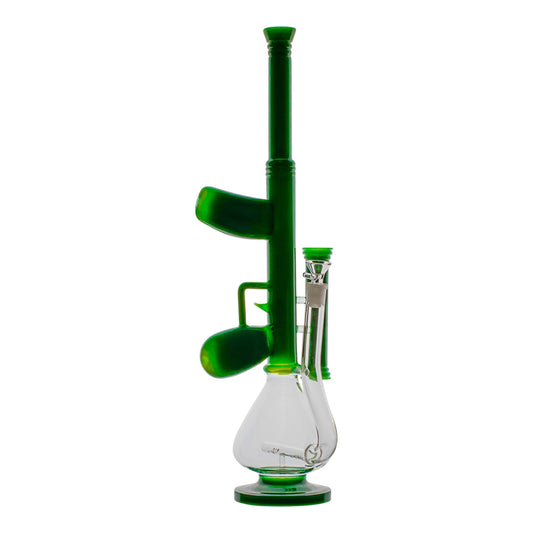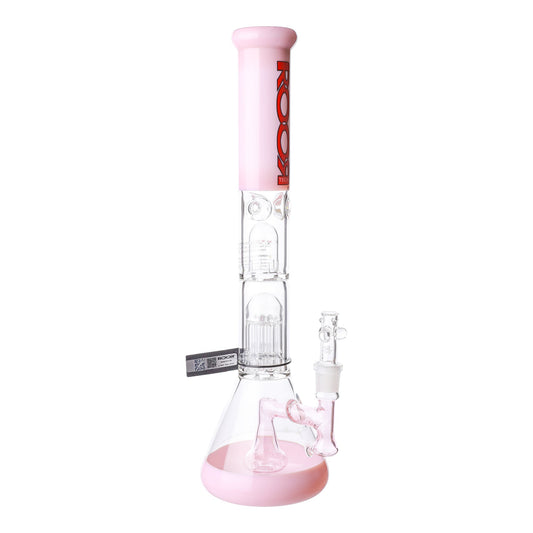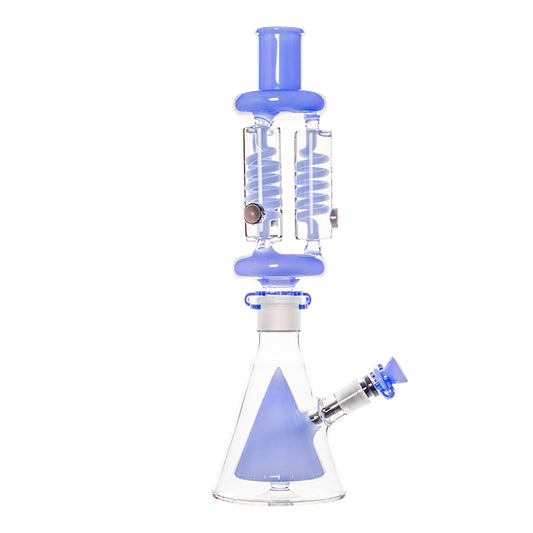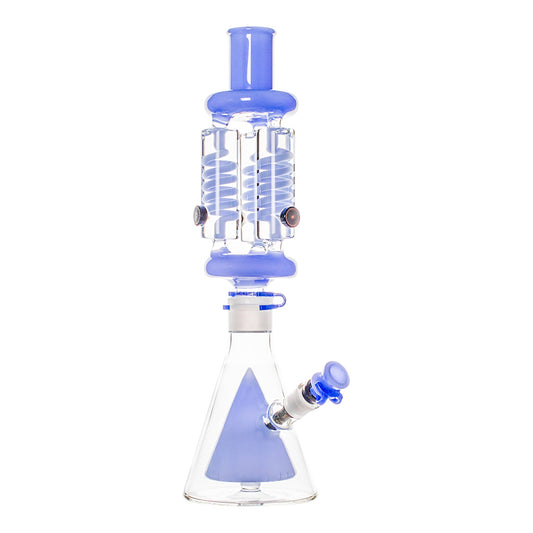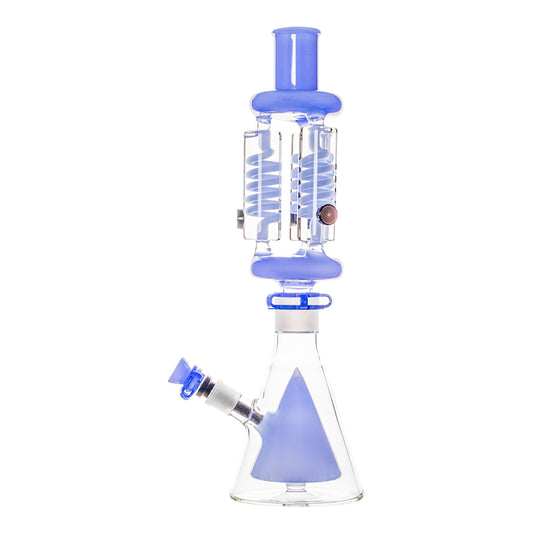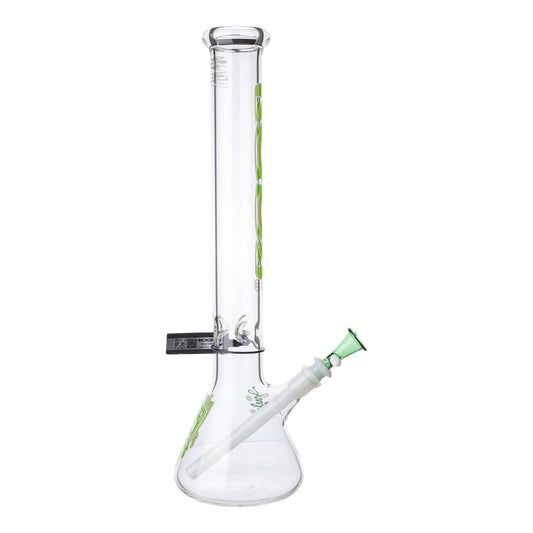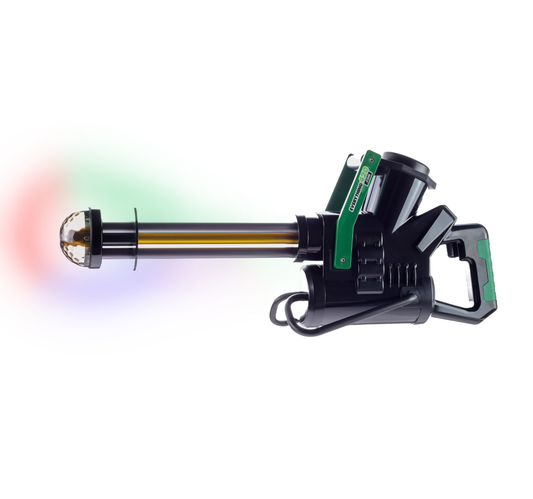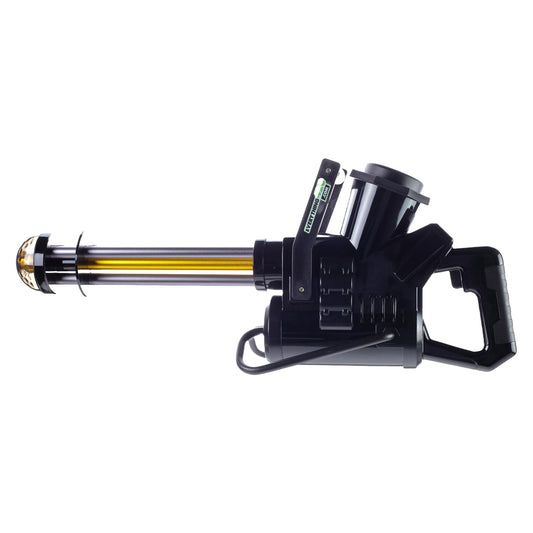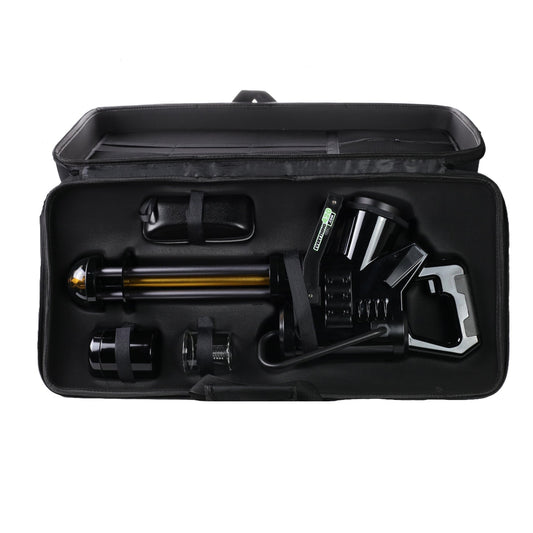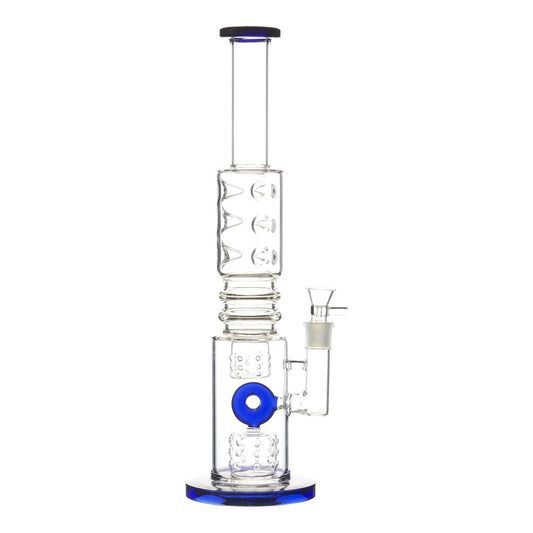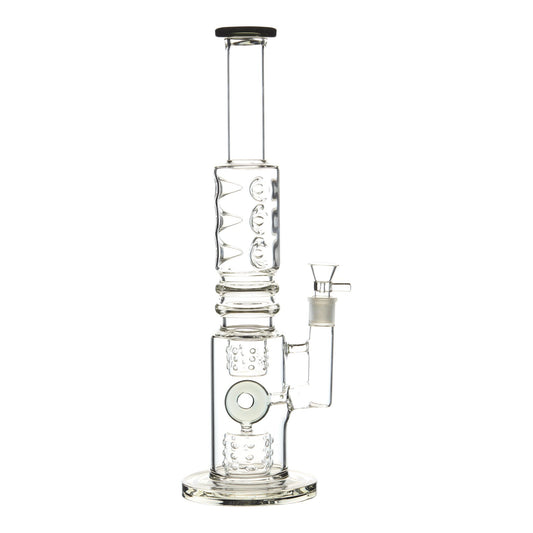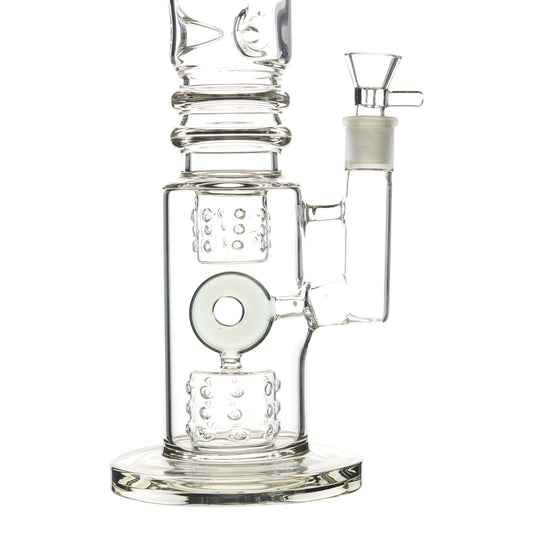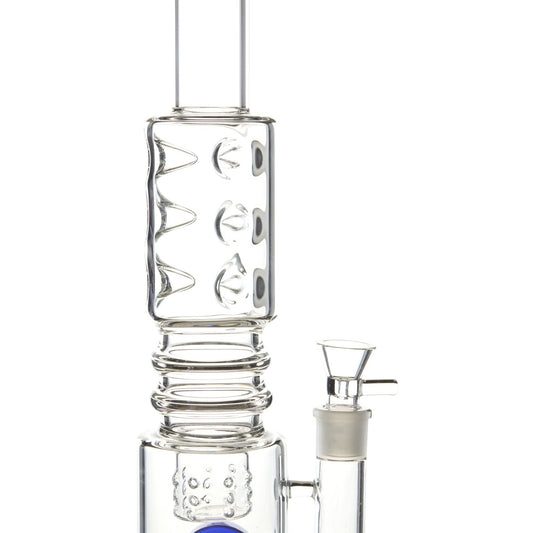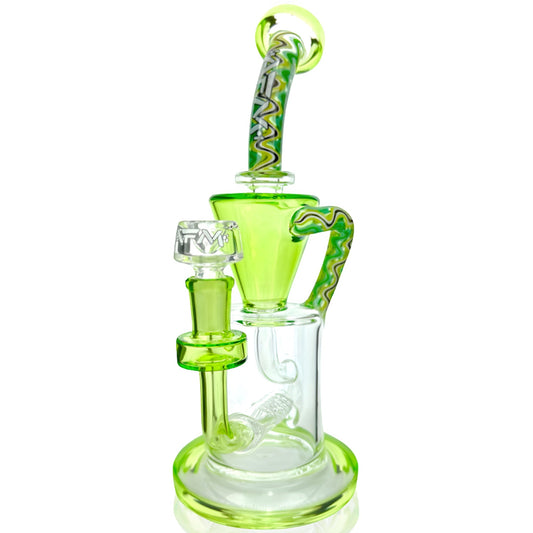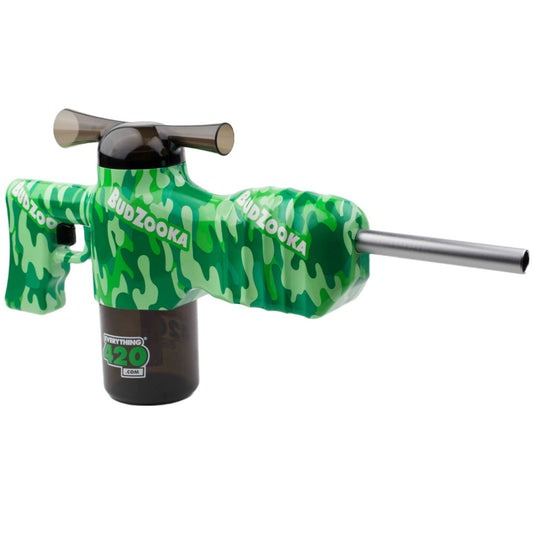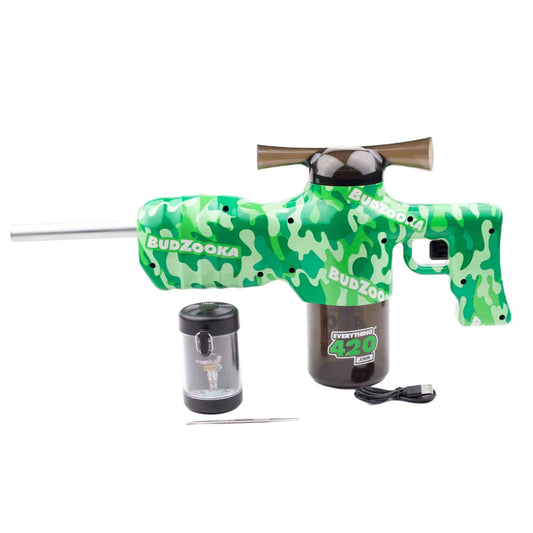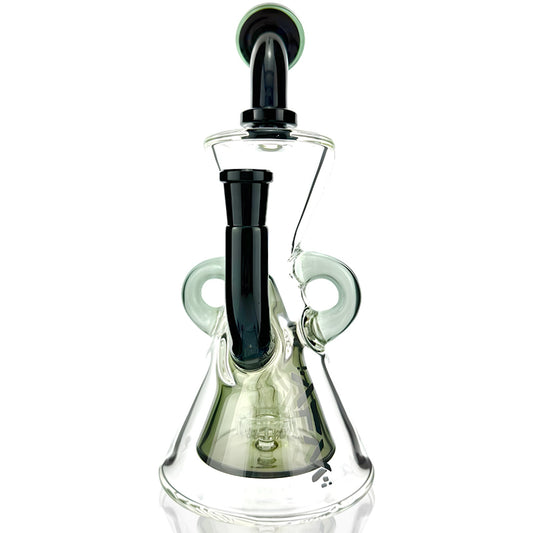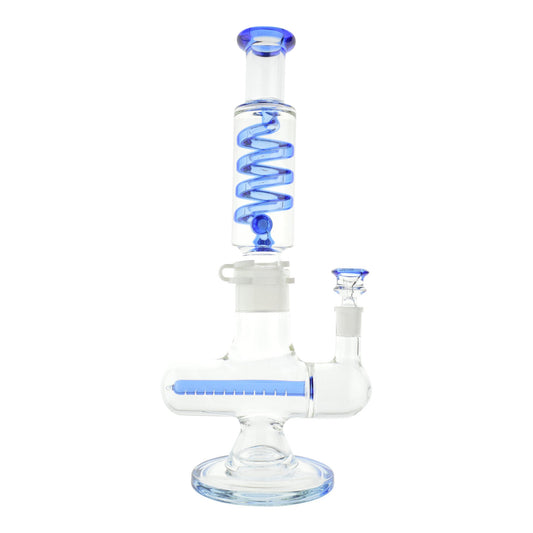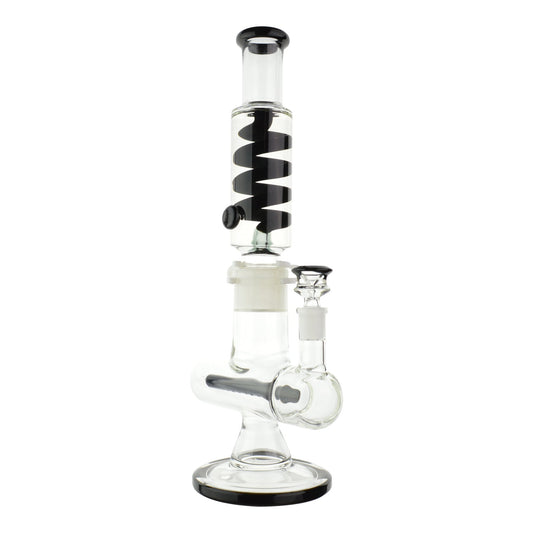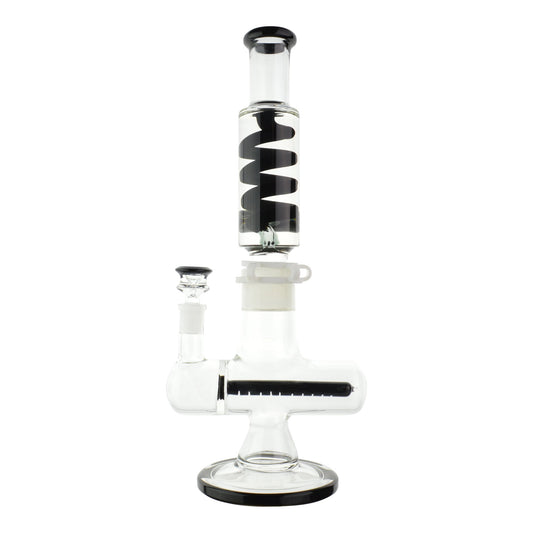Reasons cannabis can induce anxiety and how to avoid it
For many people, there’s nothing like a nice bong rip or a few hits from a joint to relax. Many regard marijuana as a kind of panacea because of the generally calming, sedative-like effects.
Positive effects of weed range anywhere from mild cognitive or physiological alterations through major, life-changing outcomes as seen in its ability to restore lost appetite for those undergoing cancer treatments or stop seizures. However, for some of us, weed does opposite of what you'd expect by making us highly anxious or paranoid.
If you’re the kind to experience overwhelming anxiety, please realize: you’re not alone. Though I can’t cover every detail for the "why and how," I want to point out some correlation to the phenomenon with credible studies to explain why this happens and discuss what you can do to help.
Marijuana and why you get anxious
Though marijuana is generally considered to be a safe substance that relieves anxiety, it is important to remember that it has also been shown to exasperate mental illness just as much as treat it. It’s a weird a double-edged sword – while a recommended treatment option (where legally applicable) for both physical and mental conditions, there’s some fine print to the process.
The axiom “moderation is the key to life” applies here as THC only does so much for anxiety – in larger doses, it’s detrimental to combating anxiety, having the opposite effect past a certain intake threshold, depending on the user’s tolerance. In smaller doses, it effectively treats anxiety symptoms.

Image by darksouls1 on Pixabay
Anxiety and related mental illnesses come from a variety of sources. For example, chronic PTSD can manifest from a highly disturbing event. In other cases, conditions like schizophrenia tend to be latent through adolescence and early adulthood until it finally reveals itself later in life, usually when someone reaches their mid-20s. These conditions somewhat unpredictable, meaning it’s uncertain as to whether (or when) they will manifest however, those who begin smoking weed at younger ages are shown to dramatically increase their odds for developing an anxiety-based mental illness.
This means that for some of us, we could have been perfectly fine smoking in our teens and early 20s but one day discover that you feel off after smoking.
There are many things that trigger anxiety, whether an obvious cognitive event or an emotion that's anywhere from troubling us in the back of our mind through an active thought process. Ingesting marijuana produces physiological effects that also parallel anxiety symptoms, meaning it also serves as a trigger – smoking increases heart rate and blood pressure, while also reducing the oxygen reaching the heart. By paralleling the the physiological affects of an anxiety attack, it also creates them for those afflicted with such conditions.
How to avoid getting anxious from smoking
Hopefully, I’ll be able to revisit this idea later down the road as it’s a deep subject, meaning there’s a lot to say on the matter. For now, try these tips:
- Start doing cardio – This is something you should already be doing anyway. Improving your cardiovascular health increases the amount of oxygen delivered to tissue around your body while usually lowering blood pressure. If you like smoking or use it to treat some other condition, exercise reduces both the oxygen deprivation and heightened blood pressure experienced from smoking that serves as a catalyst for triggering an anxious response from your body.
- Take smaller hits – Coinciding with both our cardiovascular response and the fact THC helps anxiety in smaller doses, you should reconsider how much you smoke at a time. Maybe you realize you feel extra anxious after dabbing or from smoking too much dry herb at a time? Try using smaller smoking devices, which will allow you to better control how much you intake with each toke.
- Take a break – Some people just can’t find the right balance or just won’t feel right, no matter how little they smoke. If this is you, but you still want to smoke, then take a break from smoking completely for about 90 days. This helps your tolerance go down plus, it allows the body to properly flush most of the metabolites stored within the fatty tissue of your system. When you decide to start again, take it easy by ingesting smaller quantities of lower dosage THC.
- Try different strains or CBD – In some cases, the kind of buzz from sativa blends triggers anxiety. In other cases, indica strains produce adverse effects on smokers. There is no set formula for “which is best” because body chemistry is too different for a blanket solution. Be aware of what you’re smoking and try different blends to see if one eliminates anxious feelings. Too, CBD is considered to be much better for anxiety.
- Talk to a therapist – Your friends and Internet articles can only provide so much help. It’s a great idea to speak with a professional to work out a treatment regimen to help you better manage your anxiety. Marijuana can only treat the symptoms; it can’t cure the underlying cause.









